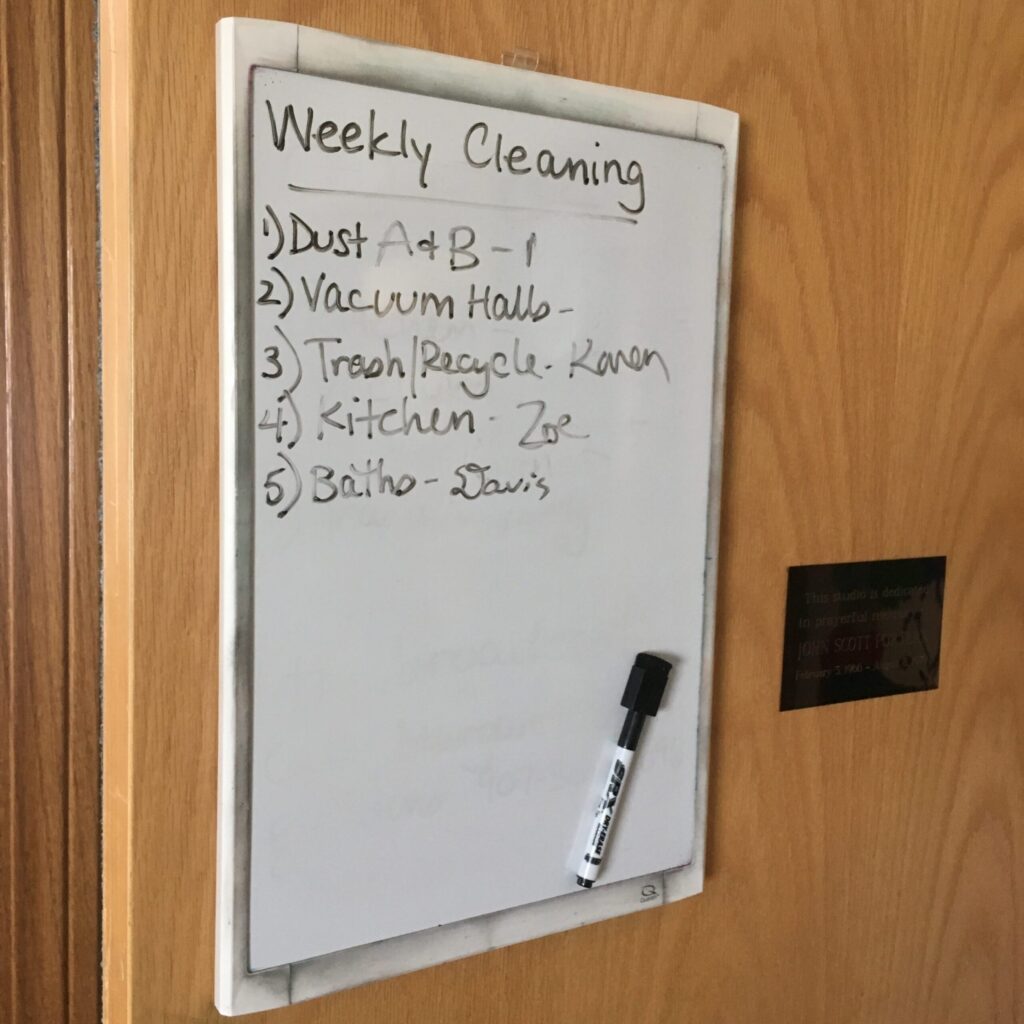Count them on your fingers
Count them on your toes
Numbers are all around you
And so the total grows…

One of my favorite things to do on the KNOM Morning Show is to put together the “We Are Living in the Future” segment every monday. It’s a time that I get to engage my inner geek, and wax loquacious over science and technology, for good and for ill. It may seem a bit incongruous, to talk about tech in a largely subsistence and frontier region, but it’s my hope that I can reach out to at least one nascent geek, and fan their flame for math and science, even if just a little bit. I remember, when I was a kid, I didn’t always understand why I was being taught math. It seemed ridiculous to need to know the formulae, and I couldn’t ever figure out a time when it would be useful. Well, flash forward past some HS logic classes, and computer science/programming in college – and I find that there are times when the simplest solution to a problem is to write a computer program that uses some of those formulae that I thought I’d never need again.
And when I need a quick and dirty math solution… I turn to the internet.
You may or may not be familiar with the search engine WolframAlpha, but it’s one of the more useful practical tools in the numbers arsenal. Sure, at first blush, it looks a lot like Google – but type in any math problem, and it’ll solve it. Type in a plain English data query, and it’ll return the right data.
For instance, try searching “a^2 + b^2 = 20“. Yay for circles!
Then search for “compare population of Nome, AK to Nome, TX“. Which one is bigger?

Soon, if you’re anything like me, your day will blur by, and you’ll be in the stupor of numerical overload. The thing is, it’s totally ok – finally, we can offload the minutia and focus on coming up with interesting questions to run through the system. And coming up with interesting questions is also the root of my other passions – acting, reading, and creative work. It’s just slightly more numerical, in this case.
Asking interesting questions is a skill to develop, by the way – it’s helpful in all sorts of situations. Dinner parties. News reporting. Studying just about any subject. Imparting knowledge and wisdom to others. The list just goes on and on. One person who’s really good at asking interesting math questions is Vi Hart, Mathemusician. Here, she asks math questions about Fruit by the Foot:
http://www.youtube.com/watch?v=Am-a5x9DGjg
So how did this all come up? Well, my We are Living in the Future segment from this week referenced the new supercomputer, Tianhe-2, built in China. It turns out that this computer can calculate between 33 and 50 petaflops – and I needed to figure out how to represent that VERY large number in a way that was understandable. (Btw: peta- is a prefix that means 1000 more than giga-, as in gigawatts or gigabytes. “Flops” are FLoating-point OPerations per Second, a measure of raw computing power.) I turned to WolframAlpha to tell me how many flops were in a petaflop, recognizing that it would be a power of 2. And then I used the engine to compare that to the number of stars in the Milky Way galaxy.
What interesting questions do you have? Let me know in the comments!








